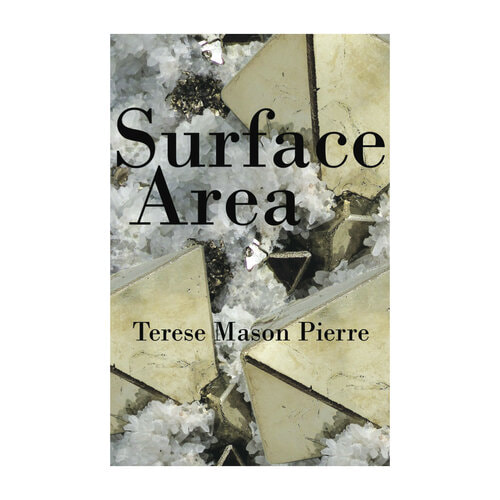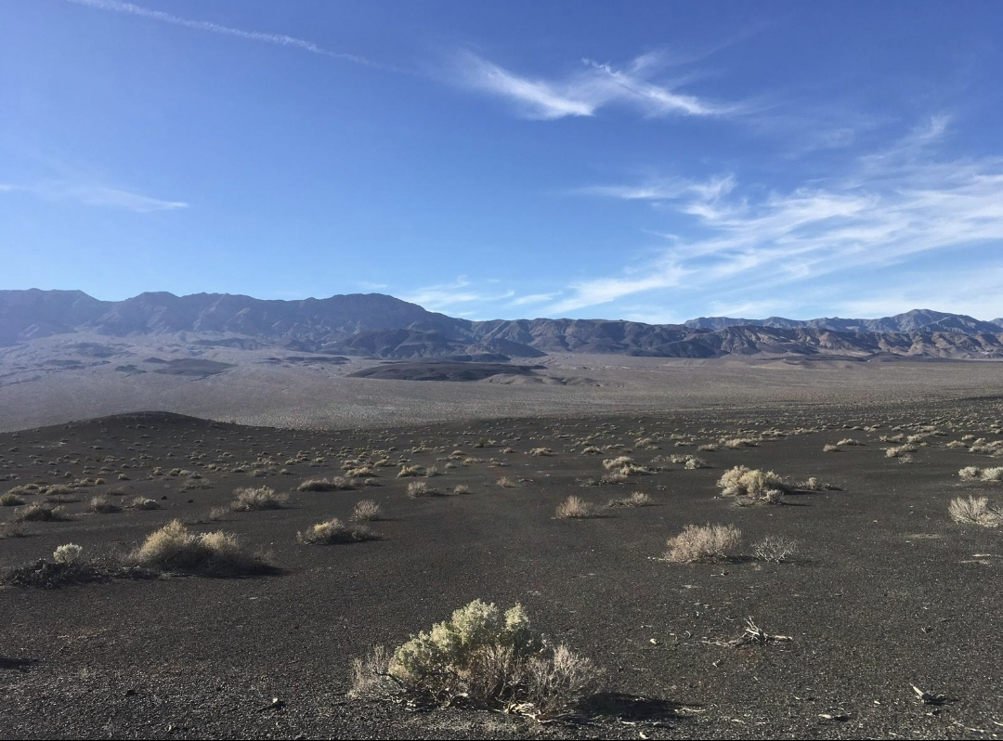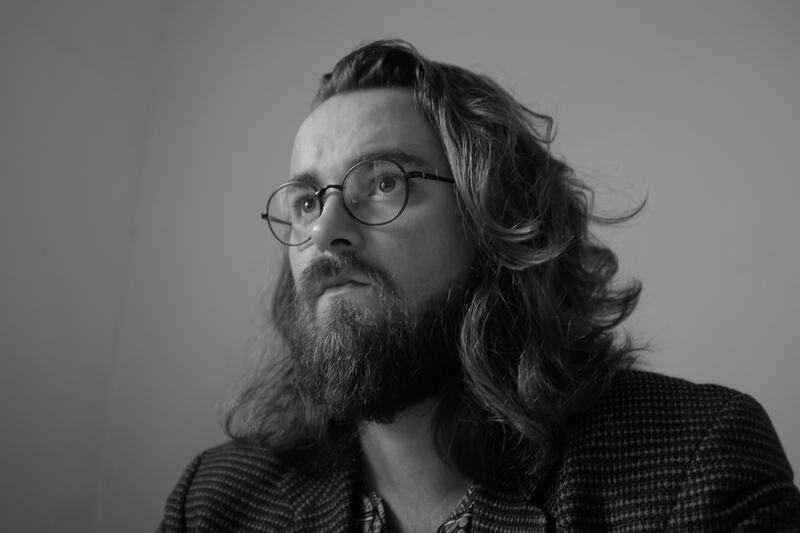Interview with Terese Mason PierreInterview conducted by Kevin Heslop
|
|
This conversation took place on December 19, 2019, in Toronto. It has been edited for length and clarity.
All right. Terese Mason Pierre.
Yeah, that’s my name. You have had an extremely productive year. You’ve given 22 readings; published–– *laughing* ––20 poems in addition to your chapbook with Anstruther press; three articles; two interviews as interviewee and two as interviewer; and, one piece of short fiction. You’ve participated in three conferences and one literary festival, co-organized two reading series, and won the Hart House poetry prize. That’s not to mention your work as the poetry editor for Augur; the dozens of readings you’ve attended as an audience member; nor your work as a page at the Toronto Public Library; the tenacious upkeep of social media pages; your volunteering at Mount Sinai; and all the stuff I’m oblivious of. So, first of all: you took an undergrad in bioethics at the University of Toronto. Yeah. Where you shadowed physicians at Mount Sinai, sang in a choir, and co-ordinated the Writer’s Co-op. And you went on to earn a master’s in bioethics––is that right? It’s just a general philosophy degree. It’s very interesting because there’s a master of bioethics degree at U of T, but that’s for people who already have jobs in healthcare. It’s not really for undergrads who have studied bioethics. Although I do know someone in the program who’d been told, We shouldn’t accept you, but you’re great, and they were like to me, I can get in, Terese, you can get in. I learned this later. So, I did a master’s at York in philosophy, and I made sure to take ethics courses and had an independent study course in bioethics. And this was a degree consciously taken as part of the trajectory towards a medical degree. Yeah, I originally entered U of T and was working really hard towards a life-sciences degree, because I thought that to be a doctor you have to have a life-sciences degree. But while it is helpful, it is not necessary. You could be a music student, or a business student, or someone in engineering––you just take the courses that you need during the summer. And also, in my first year I decided just to focus on my courses and I cut out all my extracurriculars: I didn’t do any music; I didn’t do any writing; I didn’t do anything. I just wanted to focus on my school work. And that didn’t really pan out as well as I thought. I looked at my grades and it’s like, Well, I can’t continue here because grades are what matters most. I looked at my highest marks––they were in philosophy and the history and philosophy of science––so I decided that I would do philosophy and HPS. And then in second-year I added English as a minor, and because I didn’t really want to have to do courses where I’d have to read twelve novels, I focused on poetry, short fiction, and creative writing. Mm. In high school I did a mentorship program at U of T for high school students where we got to go around to different healthcare settings, rehab centres; we got to go to the cadaver lab and look at bodies and things like that, and that really cemented my desire to become a doctor. And I wanted to keep that healthcare aspect in my life, so I was like, Okay: philosophy, healthcare––How can I combine these? So I decided to do bioethics as my major, and the history and philosophy of science as a minor. I feel like every person who studies science should study the history and philosophy of science as well, because we have this conception of progress in science, like, we were in the dark and then science came–– Mm. —and sort of rescued us. And even the language that we use to describe it––like, the age of enlightenment, the lightness and the darkness. Who’s leading this charge? So, I learned all this from HPS, and I felt very startled when I learned about things like scientific racism, phrenology, and things like that. I find it very fascinating. I am particularly interested in bio-ethics as it relates to people’s experiences with healthcare and the choices they make, discussions around abortion, physician-assisted death, cloning, as well as issues around children and consent, things like that. I feel like poetry can exist at the crossroads of philosophy and healthcare, in a way. Is there an intersection there? So, I don’t really know too much about narrative medicine, but that is a consolidation of healthcare and creative storytelling. It’s about the way we tell stories about our bodies and what happens to us, to help in healing. I saw a YouTube video with a doctor briefly talking about how the way in which we talk about our symptoms––or our bodies or our conditions––has an impact on how we’re treated. This doctor spoke along gendered lines about how men will come in and say, Here are my symptoms. Here’s how long I’ve had them. But then women will come in and say, Well, two weeks ago this happened. I woke up and I felt this. Then this. They’ll create a story about it. Right. And those people, the ones who create stories, receive less quality care. That’s concerning, something I’d like to read more about. But, yeah, I also think that poetry can be therapeutic. To write, to read––both? Well, both, yeah. It’s an exercise in being present, and a lot of medical journals I’ve seen want to connect healthcare with the humanities. Healthcare professionals want to look at patient outcomes and look at how non-traditional medical aspects will affect patient experiences of healthcare. When I studied for the MCAT, in the information I studied, it was called the bio-psycho-social model, which is not just about bodies; it’s about lives. Where they live, if they’re rich or poor, if they’re racialized, and/or have other stressors. I know that on the topic of narrative therapy, Shane Neilson gave an excellent TEDx talk in favour of reconstructing the metaphors that we use to conceive of the pain we experience. Well, how we talk about things influences and relates to those experiences. If you get into a mindset that this is bad, or this is going to be bad, that’s going to affect your experiences. The verbs we use are important because they can be helpful and descriptive of the pain you’ve experienced––what throbbing is, what stabbing is, for example––but if we could find ways of describing experiences that aren’t linguistically detrimental, that’d be great. Conveniently, the opening poem of Surface Area is called “Treatment,” and I wonder if you’d say a word about how this poem came to be. How did you decide you wanted this poem to come first in the collection? |



